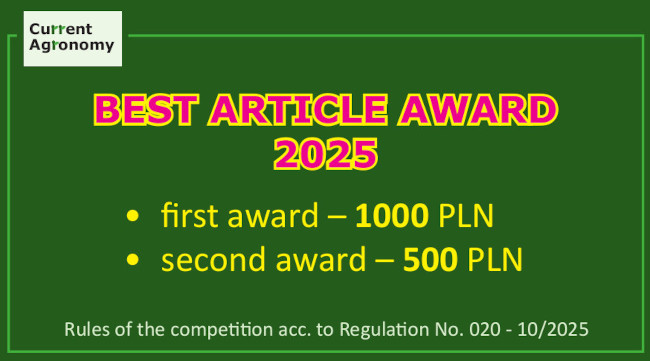Economic implications of digitalization and smart agriculture: A comparative study of Poland and Türkiye
Main Article Content
Abstract
The integration of advanced digital technologies in agriculture has led to significant improvements in productivity and sustainability. This study examines the economic implications of digital transformation in the agricultural sectors of Poland and Türkiye, focusing on the adoption of smart farming technologies such as IoT, AI, and precision farming. The research aims to explore how these technologies enhance competitiveness, sustainability, and resilience in both countries. The study employs a comparative analysis approach, utilizing both qualitative and quantitative data. Data were collected from various sources, including academic literature, government reports, and case studies of successful digital agriculture implementations in Poland and Türkiye. The analysis includes a review of historical developments, current initiatives, and the economic benefits of digitalization in agriculture. Case studies were selected to illustrate the practical applications and outcomes of digital technologies in different agricultural contexts. The findings reveal that both Poland and Türkiye have made substantial progress in adopting digital tools, resulting in increased productivity, reduced operational costs, and improved resource management. However, challenges such as digital literacy, financial barriers, and the integration of traditional farming practices remain. The study concludes that continued investment in education, infrastructure, and supportive policies is essential for fostering innovation and inclusivity in the agricultural sectors of both countries.
Article Details

This work is licensed under a Creative Commons Attribution 4.0 International License.

